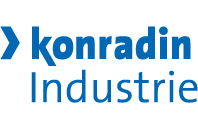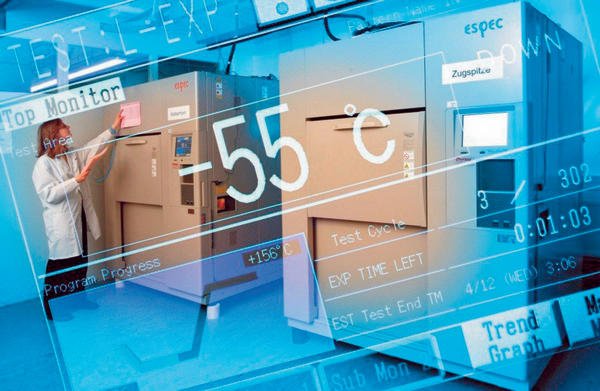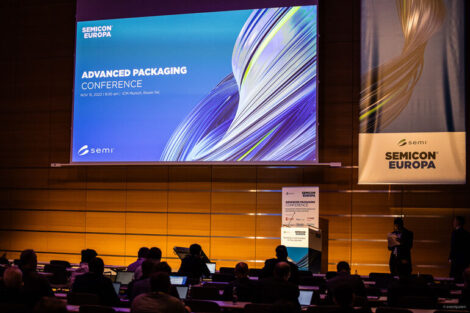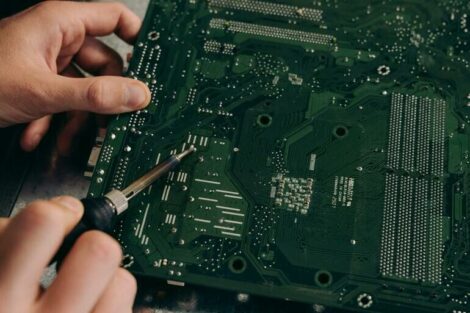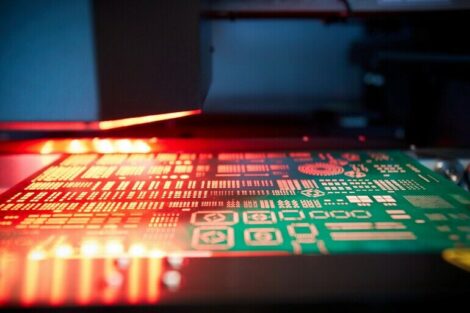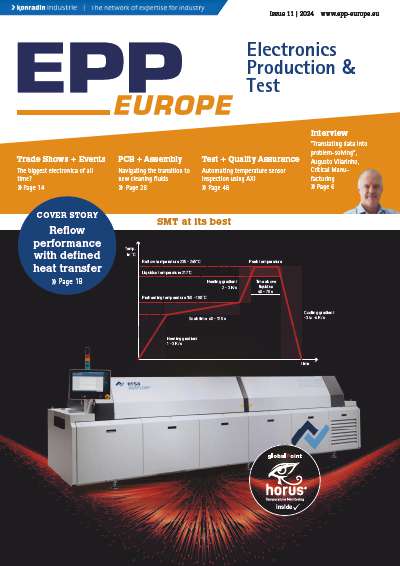Microtec offers life durance tests of components, performed with climatic, mechanical and electrical stress qualifications, according to MIL STD 883, AEC-Q, ESCC and other standards. The company has enlarged its lab for environmental simulation. In the sector of mechanical tests, vibration tests for devices can now be performed up to 70 g acceleration in sinus mode. As required in standard MIL 883; mechanical shock tests are possible up to 3.000 g. New in the field of climatic tests is a liquid-to-liquid-temperature shock test, which enables the test lab to perform temperature cycles even faster than ever.
No other method realizes temperature cycles so quickly than the liquid-to-liquid-temperature shock. The temperature shock chamber of Heraeus-Vötsch simulates sudden temperature changes and shows reliability of components under extreme operation conditions. For this method, components are stored alternating in two different liquids with a temperature of, for example, +150 °C and –65 °C. Temperature can be changed within 10 seconds. With the liquid-to-liquid chamber, the test lab can perform shock tests such as according to MIL STD 883, method 1011.
The company also stores electronic components in air-to-air climate chambers under extreme temperatures, from –80 °C up to +220 °C, optional combined with constant humidity up to 98 % or rapid change of humidity (cyclic).
SMT, hall 7, booth 216C
EPP Europe 410
Share:
